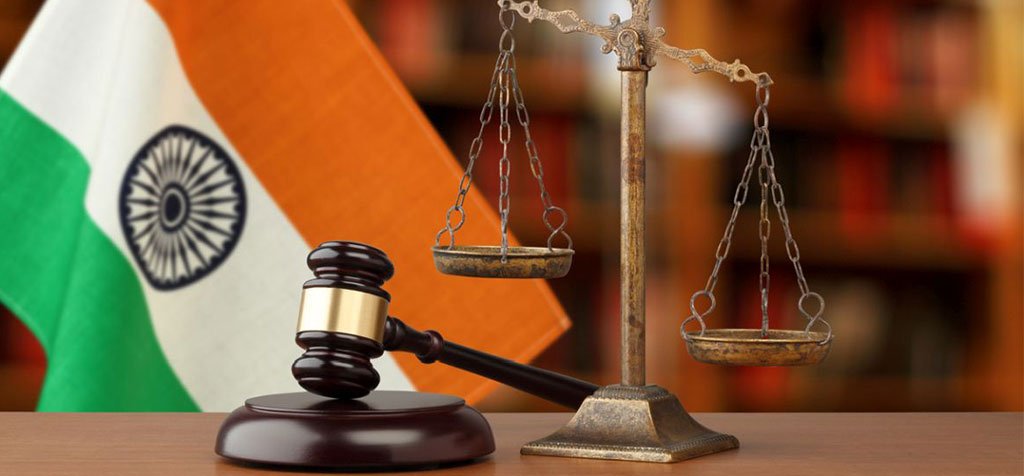- Flat No-1502, TOWER-D, Emaar Palm Heights, Sector 77, Gurugram, Haryana 122004
- info@varalegal.com
- +91-9821127838

Initial Consultation: The process begins with a consultation with an attorney who will evaluate the merits of your case.
Investigation: Your attorney will gather facts, documents, and evidence to support your case. This may involve interviewing witnesses, collecting records, and consulting experts.
Demand Letters: Often, a formal demand letter is sent to the opposing party outlining your claims and the relief sought, in an attempt to settle the matter without going to court.
Complaint: The plaintiff (the party initiating the lawsuit) files a complaint with the court, stating the facts and legal grounds for the case.
Answer: The defendant (the party being sued) responds with an answer, admitting or denying the allegations and possibly raising counterclaims or defenses.
Interrogatories: Written questions that the opposing party must answer under oath.
Depositions: Oral questions asked of the opposing party or witnesses, conducted under oath and transcribed for record.
Requests for Production: Requests for documents, electronic records, and other evidence.
Requests for Admissions: Requests for the opposing party to admit or deny certain facts.
Motion to Dismiss: A request to dismiss the case on legal grounds.
Summary Judgment: A request for the court to rule in favor of one party based on the evidence presented, without going to trial.
Pre-Trial Conferences: Meetings to discuss the trial schedule, evidence, and witnesses.
Jury Selection: If the trial involves a jury, the selection process will take place.
Opening Statements: Both parties present an overview of their case.
Presentation of Evidence: Witnesses testify, and evidence is presented.
Closing Arguments: Both parties summarize their cases.
Jury Deliberation and Verdict: The jury (or judge in a bench trial) deliberates and renders a verdict.
Appeals: If either party is dissatisfied with the verdict, they may appeal to a higher court.
Enforcement: If a judgment is awarded, the prevailing party may need to take steps to enforce it, such as garnishing wages or placing liens on property.
Navigating the complex waters of civil litigation can be challenging, but with the right knowledge and support, you can successfully manage your case. Understanding the stages of litigation, working closely with your attorney, and staying organized are key components to achieving a favorable outcome. Remember, the legal system is designed to provide a fair resolution to disputes, and being well-prepared is your best strategy for success.
If you find yourself facing a civil litigation matter, don’t hesitate to reach out to our experienced legal team. We’re here to guide you every step of the way and ensure your rights are protected.